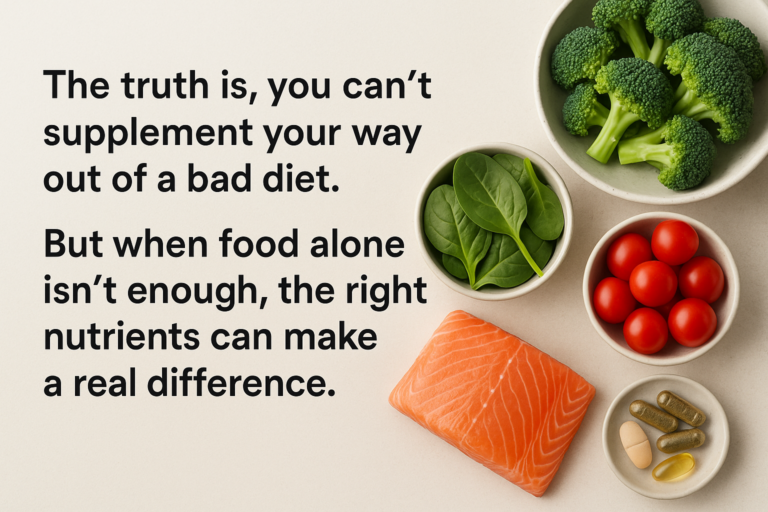The Connection Between Losing Sleep and Gaining Weight
Have you improved your diet and your exercise, but are still not seeing results? The problem may be your sleep. Here’s how losing sleep can cause weight gain.
As the old saying goes, “Early to bed and early to rise makes one healthy, wealthy and wise.”
While we can’t make any guarantees about wisdom or money, it is true that getting a proper night’s sleep is essential to good health. Sleeplessness can alter your mood, your skin, and even your weight.
Are you concerned that losing sleep may be causing you to gain weight? We’ve got the details of everything you need to know about the connection between sleep and weight gain.
What Comes First?
The connection between sleep and weight loss can present a chicken and the egg scenario. Does poor sleep lead to weight gain, or does weight gain lead to poor sleep?
The truth is that it can be a little bit of both. Folks who get insufficient sleep tend to build up insulin resistance, as well as cardiovascular disease. Additionally, sleeping too little can lead to an increased appetite, which can also cause weight gain. Not to mention, if you’re feeling tired from inadequate sleep, chances are you’re less likely to exercise.
At the same time, there are significant ways that weight gain can disrupt sleep. For instance, obesity is often associated with the sleep disorder sleep apnea.
How Sleep Affects Hormones
Another significant connection between poor sleep and weight gain is hormone production.
Your appetite is regulated by several hormones that your body produces. The body releases leptin to naturally suppress the appetite and then releases ghrelin to stimulate hunger.
When you deprive your body of sleep, you will experience increased levels of ghrelin and decreased levels of leptin. This is because losing sleep indicates to your body that it is experiencing an energy deficit, prompting it to store more food. This will not only make you hungrier but will often make you crave unhealthy foods.
Typically, when you are experiencing healthy sleep patterns, your body will produce hormones along with your body’s circadian rhythm. If you consistently sleep poorly, you will disrupt this rhythm. This can cause long-term effects on your body’s effective hormone production.
Lowered Activity
When you do not sleep well, you tend to be more lethargic. As mentioned earlier, this will make you less likely to exercise.
But that’s not all. Being drowsy also makes you less active overall. This means you won’t move around, get up, or walk as much.
This loss of informal activity can also affect your weight. When you are energized and moving around more often, you will burn more calories and gain less weight.
Developing Good Sleep Habits
So what can you do to sleep better?
Experts recommend that adults get 6-8 hours of sleep a night. For a more restful sleep, make sure to shut off electronic devices at least 20 minutes before bedtime.
Learn More About The Effects of Losing Sleep on Health
With these factors in mind, it’s easy to see how losing sleep can adversely affect your health in a variety of ways.
Want more information about how to improve your health? Contact us with your questions today.






